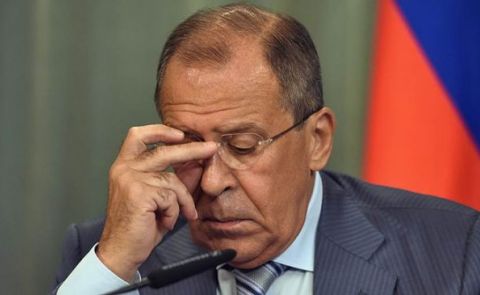
Russian Foreign Minister Addresses Karabakh Status, Russian Peacekeeping Efforts and Russian-Armenian Ties
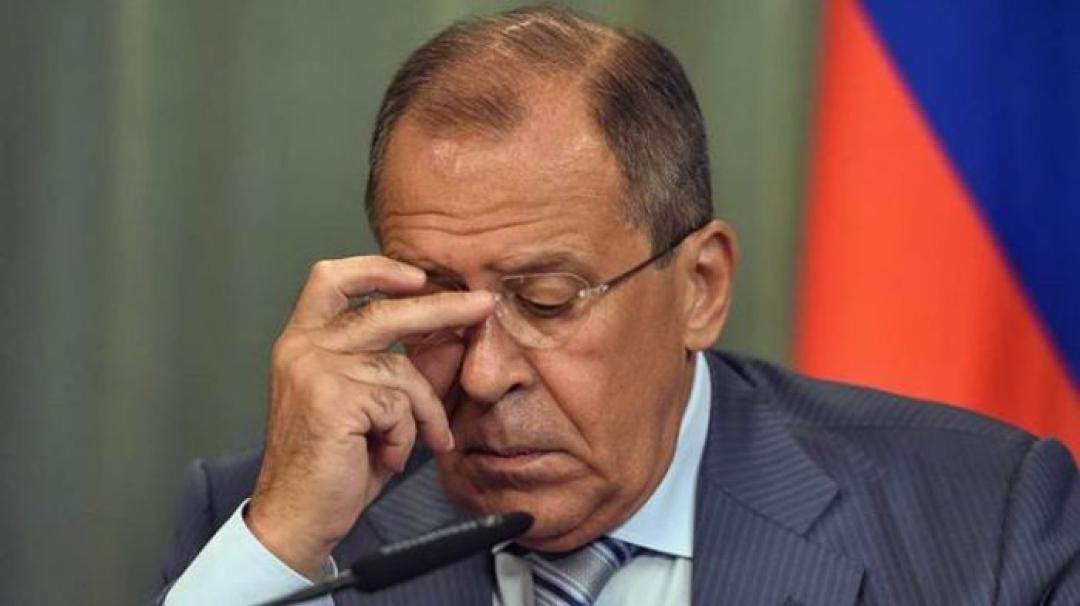
Russian Foreign Minister Sergei Lavrov stated that the decision for Karabakh to become part of Azerbaijan was made with the direct participation of the PM of Armenia, Nikol Pashinyan.
“It is a lie when [political] figures in Yerevan said that by signing an agreement to end the war in November 2020, Putin forced Pashinyan to give Karabakh to Azerbaijan. In this agreement, dated November 10, 2020, it is written that Karabakh is an area of the responsibility of the Russian peacekeeping contingent, and there was a common understanding that the dialogue on the final status of Karabakh would continue. However, a year or a year and a half later, Prime Minister Pashinyan, at some regular European summit in Prague, signed a document that states that Armenia and Azerbaijan recognize each other within the borders of 1991, in accordance with the Alma-Ata Declaration, the issue was closed. He subsequently used the term again in Brussels. Moreover, the document distributed by the EU does not say that Armenia is concerned about the fate of the Armenians who lived in Karabakh and that everyone needs to somehow deal with their fate so that they don’t have to suffer,” Lavrov said.
Sergei Lavrov also mentioned that Russian peacekeepers work to the best of their ability in Karabakh. However, he pointed out that they cannot force people to stay there; if individuals choose to leave, it is their decision.
“Those who want to leave Karabakh for Russia, we cannot make them stay. We are working with Azerbaijani colleagues and neighbors to stabilize the situation in Karabakh, to strengthen trust there, and to create conditions for the resumption of normal life and the common life of Armenians and Azerbaijanis. I hope that Yerevan will also be interested in this and that they will make efforts for this,” he said.
Referring to the Russian-Armenian relations, Lavrov highlighted that Armenia’s statements about the possibility of leaving the Collective Security Treaty Organization (CSTO) are a sovereign decision. However, he hoped that “no temporary administrations” would damage the relationship between Russia and Armenia.
“If, as some leaders of Armenia have announced, now, disappointed with Russia and the CSTO, they will look for colleagues on the side to strengthen their own security, this is their sovereign choice, the choice of the Armenian leadership. But I still hope that the ties that have existed for centuries between the Russian people... and the Armenian people cannot be destroyed by any temporary administration,” he was quoted by RIA Novosti.
See Also

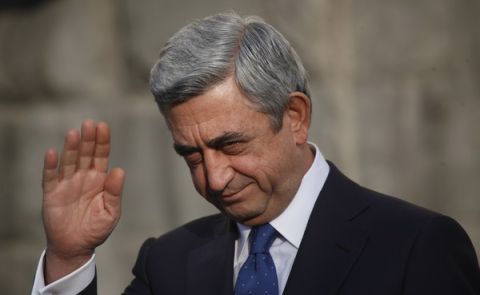
Serzh Sargsyan Rejects Charges, Backs Impeachment, and Warns of Secret Deals
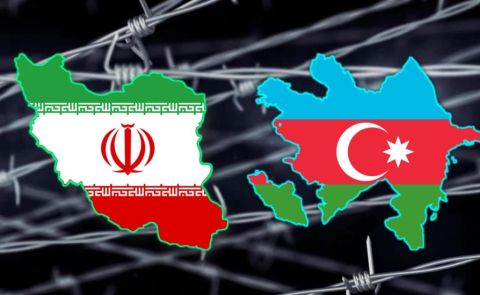
Azerbaijan Confirms Execution of Terrorist Behind Embassy Attack in Iran
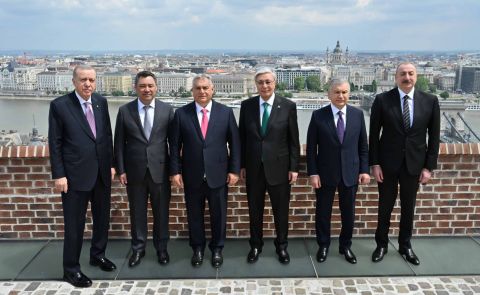
Turkic Leaders Adopt Budapest Declaration, Emphasizing Peace, Trade, and Digital Connectivity
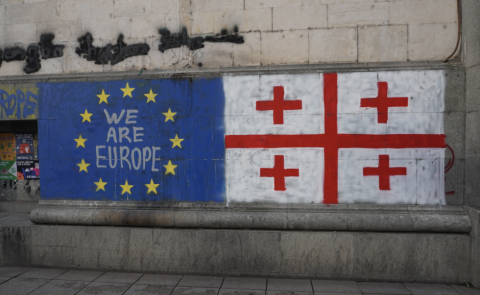
International Officials Criticize Georgian Dream Amid Democratic Concerns

